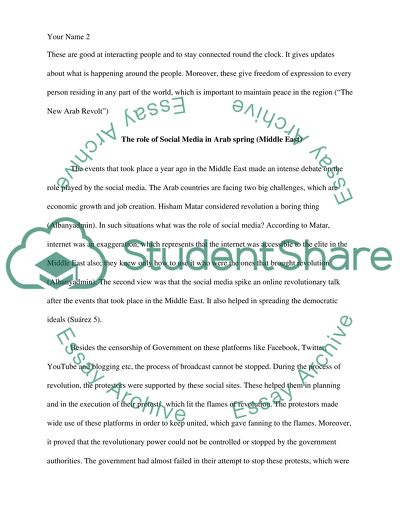Cite this document
(“Impact of social media on political change in Egypt Term Paper”, n.d.)
Impact of social media on political change in Egypt Term Paper. Retrieved from https://studentshare.org/journalism-communication/1402445-impact-of-social-media-on-political-change-in
Impact of social media on political change in Egypt Term Paper. Retrieved from https://studentshare.org/journalism-communication/1402445-impact-of-social-media-on-political-change-in
(Impact of Social Media on Political Change in Egypt Term Paper)
Impact of Social Media on Political Change in Egypt Term Paper. https://studentshare.org/journalism-communication/1402445-impact-of-social-media-on-political-change-in.
Impact of Social Media on Political Change in Egypt Term Paper. https://studentshare.org/journalism-communication/1402445-impact-of-social-media-on-political-change-in.
“Impact of Social Media on Political Change in Egypt Term Paper”, n.d. https://studentshare.org/journalism-communication/1402445-impact-of-social-media-on-political-change-in.


